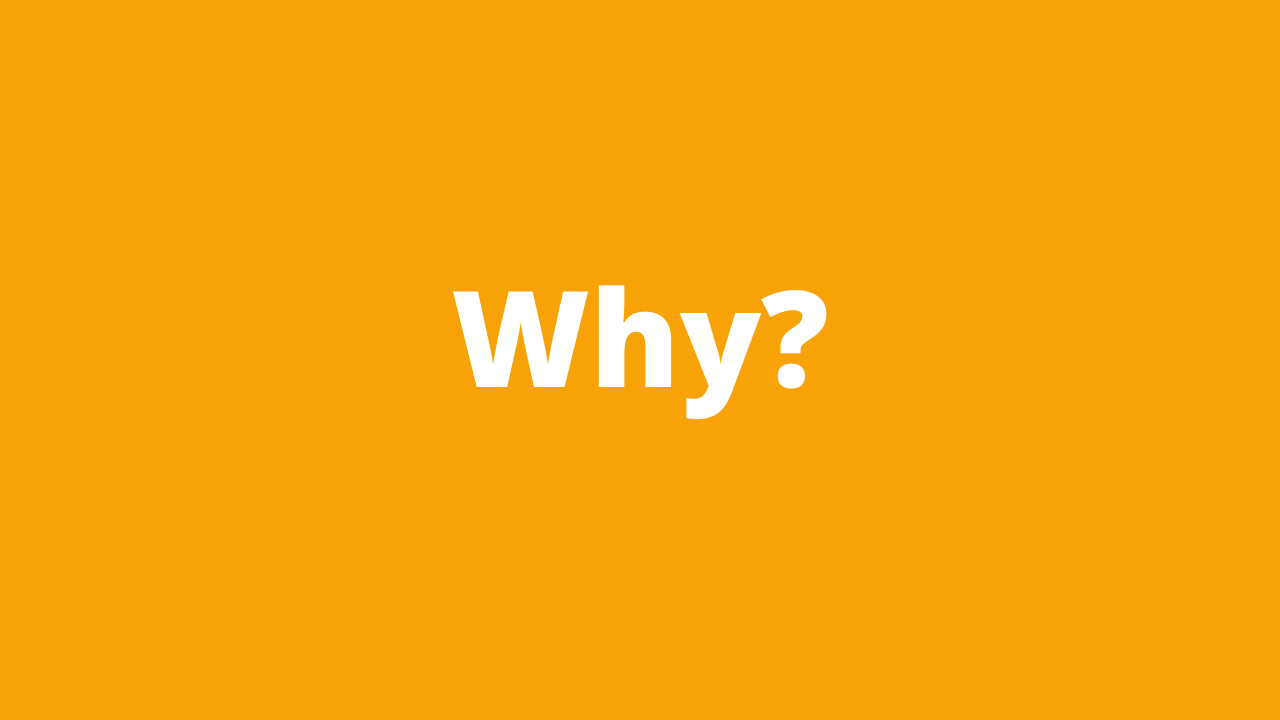
There are almost unlimited amounts of policy problems that
could be addressed by government. So why is it that some issues make it to the
top of the government agenda and others do not? Why do governments make the
decisions that they do? And is there any way that we can be a part of this
decision-making process? In this 5 part series, we are going to unpack some of
the many factors influencing change making.
The first question we are asking is: Why is change so slow?
Central to understanding this is the concept of ‘bounded rationality’. Bounded
rationality refers to the limitations individuals and therefore political
decision makers have in making choices due to rationed time and resources and
the cognitive limitations of the human mind.
Policymaking organisations have limited knowledge and
research capabilities and there is often a finite amount of time in which
decisions need to be made. This means political institutions tend to only
gather a limited amount of information on a policy problem. As a result,
decision makers may choose to only devote conscious attention to one policy
issue at a time, making it a policy monopoly. Between 2017 and 2019 Brexit
became a policy monopoly largely for this reason. The UK government became so
dominated by Brexit that some government departments paused aspects of their
domestic policy agenda to devote their efforts on Brexit. Consequently, other
policy issues, such as adult social care and NHS reforms were delayed or
completely ignored [1].
Alternatively,
bounded rationality may make governments’ reluctant to introduce big scale
policy reform, choosing to opt for only small, incremental policy changes. This
phenomenon is known as path dependency. Underlying
path dependency is the idea that generally policies are difficult to change
because policymakers act within institutionalised settings that have a fixed
structure and way of functioning.
This
may be a result of certain norms and values which dominate institutions, making
them less willing to deviate from the policy status quo. For example, many countries’ economies place
great value on endless financial growth, seeing it as the mark of a thriving
society. It is therefore not surprising that it is difficult to introduce
policies that go against this grain. This can be seen in much of today’s
environmental practice, such as the global reliance on fossil fuels. Despite
the fact that it is clear renewable energy sources are far better for the
environment, fossil fuels currently still make
up around 85% of the global energy market
[2]. This is largely because
they are still cheap to produce and are therefore much more profitable for
businesses to invest in.
Path dependency may also result from how resources are
organised. Once a commitment to a certain policy has been established and
resources are dedicated to it, the costs of changing it and choosing a
different one becomes increasingly high. A good example of this, often used by
social policy theorists, is the pension system.
Most pension systems across Europe operate in a way where current
workers’ pay contributions that finance the previous generations retirement. A
system like this may face incremental changes, but is highly resistant to
radical reform. If the system, for example, was to switch to private funding
arrangements, it would place a far greater burden on current workers, requiring
them to finance previous generations’ retirement while also saving for their
own. Therefore, policy choices are often constrained by previous policy
decisions, making any change to them exceedingly difficult and slow.
A final point to consider as to why change can often be slow
is the structure of governmental organisations. Most political systems have veto players. Veto players are political
actors who have the ability to decline a choice which is being made. The more
veto players a system has, the more difficult it is to introduce change.
Parliamentary political systems such as the UK do not have as many veto players
as can be found in Presidential systems such as the US. For example, to change legislation
in the US the House, the Senate, and the President (two collective players and one
individual player) have to agree, whereas in the UK parliament is the only veto
player. However, in the UK the House of Lords have the power to delay
legislation, which can make decision making slower. In addition, change is also
often slower when there are minority or coalition governments, such as had been
the case in the UK between 2010 and 2015 and then again between 2017 and 2019.
This is because in these situations it is harder for the largest party to gain
enough backing for a policy to be passed, as they need to gather more support
from those outside of their party. As such, particular political systems and
structures may contribute to why at times change can often be so slow.
The factors discussed above of course do not preclude the
possibility of change, but they do make reform harder. Our next post in the
series will consider what conditions may need to be in place for change to
happen.
<!–
–>
Source
